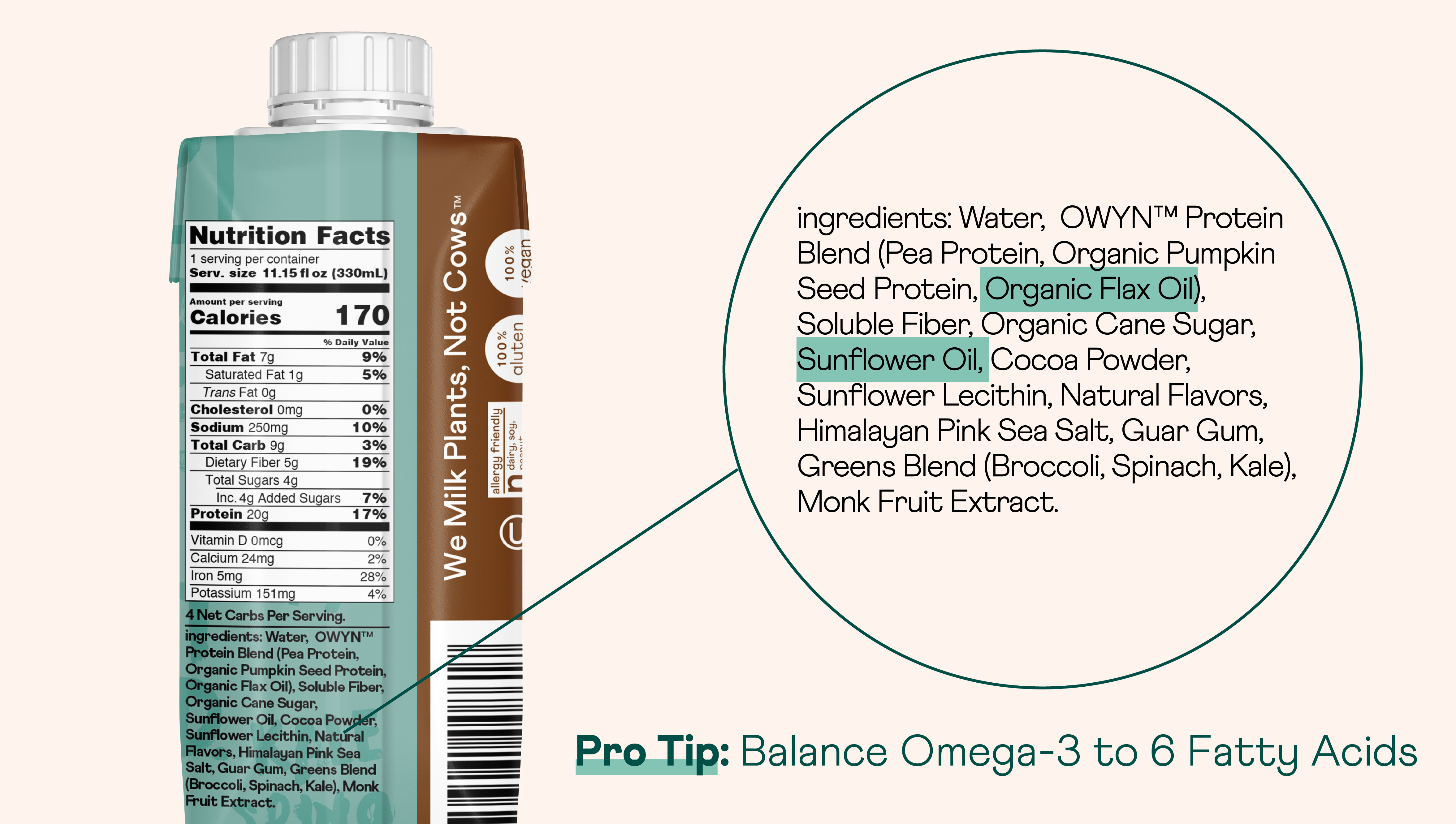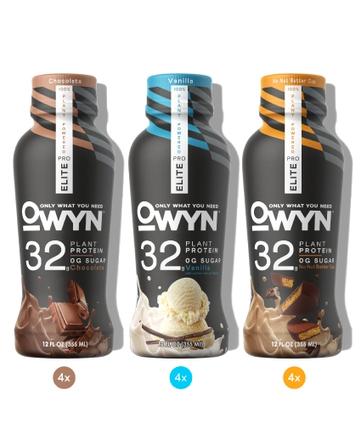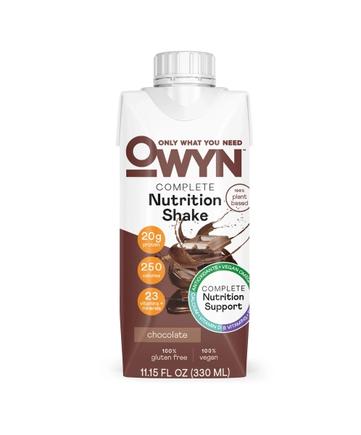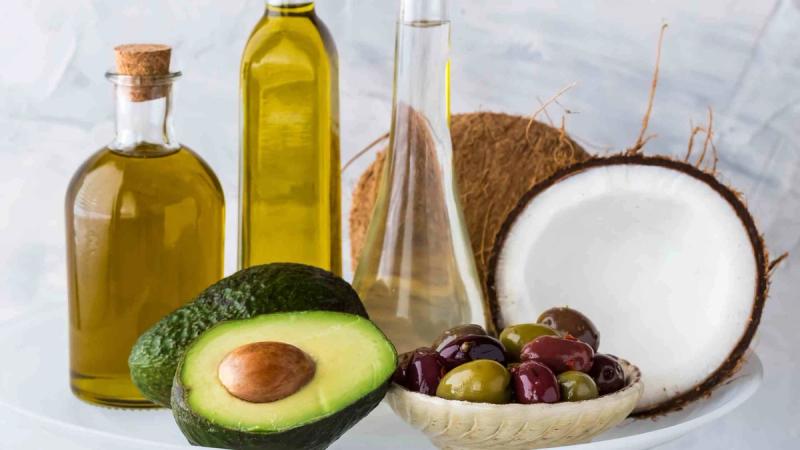Save 10% OFF All Subscription Orders.
Save 10% OFF All Subscription Orders.

Recently seed oil misinformation has given sunflower oil a bad rap for causing inflammation amongst other things. Like everything in life, "balance is key". Read more about sunflower oil and the importance of an Omega-3 to 6 balance.
What are Seed Oils
Seed oils are extracted from seeds of plants and contain three types of fats: polyunsaturated, monounsaturated and saturated fats. Polyunsaturated fats provide omega-3 and omega-6 fatty acids, which are essential fatty acids in the diet and are necessary for proper bodily functions.
What is the Omega-3 to 6 Balance?

Balancing omega-3 and 6 fatty acids is important to reap the benefits from these heart healthy fats. The recommendation is that the omega-3 to 6 ratio should be approximately 1:1. Too much of either essential fatty acid can impair how the other functions.After industrialization of food, omega-3 to omega-6 consumption ratio increased.This increased ratio throws off the balance of pro- and anti-inflammatory fats in our body off and can lead to unnecessary inflammation.
For example, the seed oils listed below tend to be higher in omega-3 fatty acids than omega-6 fatty acids.
- Corn oil
- Cottonseed oil
- Sunflower oil
- Soybean oil
- Safflower oil
- Soybean oil
- Rapeseed oil

This doesn’t mean you should not consume the above oils, it just communicates a cliché- Balance is key! You should aim to get a little bit of both omega-3 and 6 in your diet, balancing for an approximate 1:1 ratio. PRO TIP: When looking at a product label if you have identified an oil that is higher in omega-6 such as sunflower oil, look to see if there is another ingredient that provides omega-3 fatty acids to balance, such as flaxseed oil. For example, OWYN Protein Shakes contain both sunflower oil and flaxseed oil, balancing the omega fatty acid ratio and providing essential fats that play a major role in our overall health.
What Do People Claim About Seed Oils?
Seed oils are associated with negative health claims because people correlate seed oils with chronic inflammation, the root cause of numerous severe diseases. For that reason, seed oils are believed to be toxic and suggested to be avoided completely, especially since they are found in many “unhealthy” processed foods that we have been taught to avoid, such as cookies, chips, candy, crackers, french fries, granola bars and more. However, they are also found in foods that have numerous benefits for our health, such as nuts and seeds. Like all negative health claims, it’s important to understand the context of these statements to truly understand the big picture—everything is needed in moderation and balance, excess of any food group can contribute to adverse health effects.
What Makes Seed Oils Different From Other Oils?
The key difference between seed oils and other oils is the ratio of monounsaturated, and polyunsaturated, and saturated fats found in each oil. Most seed oils are predominately composed of omega-6 polyunsaturated fats, which are considered inflammatory.In contrast to seed oils- olive oil, avocado oil, and canola oil are higher in monounsaturated fatty acids or omega-3 polyunsaturated fatty acids.Each type of oil has varying levels of specific fats, which all contribute to their own benefits. For this reason, you want to make sure you use a wide variety of oils in your cooking so that you can obtain the benefits of each one.
Debunking the Bad Claims Against Sunflower Oil
Have you been avoiding sunflower oil because of all the health claims you hear about it? While despite the negativity associated with sunflower oil, there are also health benefits as well. In fact, sunflower oil contains about the same percentage of fats coming from monounsaturated and polyunsaturated fats, which provides benefits associated with both fats. Sunflower oil consists of linoleic acid, essential fatty acids, and vitamin E—three important nutrients that are considered to have functional properties within the body (1). For instance, vitamin E has antioxidant properties that help to prevent and reduce inflammation in the body, which decreases the risk of chronic diseases. In addition to its nutritional value, sunflower oil’s versatility makes it easy-to-use and tastes great in several recipes.
What’s Inside Matters: Choosing the Right Oils
When deciding the types of foods and products to purchase, make sure you read the ingredient list. This will help you to understand the types of oils that are used within the products. Make sure that you’re oil is in balanced amounts with other oils that contain omega 3 fatty acids. This allows you to achieve the recommended balanced ratio of omega 3 to omega 6 fatty acids, which is 1:1. Too much of anything can be harmful to your health but achieving the right balance will keep your body functioning properly and reduce the risk of chronic diseases. So, when picking the right products, look for ingredients that are clean and natural, such as those found in OWYN Protein Shakes which consist of both sunflower oil that contains omega-6 fatty acids and flaxseed oil that contains omega-3 fatty acids—essential fats that play an important role in overall health and disease prevention.
References:
Franco, R. (2018) Sunflower oil functional properties for specialty food - uniud, Nutrition and Food Science International Journal.

Nutrition Label 101: How To Read A Nutrition Label
Looking to learn how to read a nutrition label? Understanding how to read a nutrition label is a powerful tool for making informed food choices. In this video, OWYN’s Registered Dietitian explains how to understand the information on the nutrition label and how to make smart food choices.




